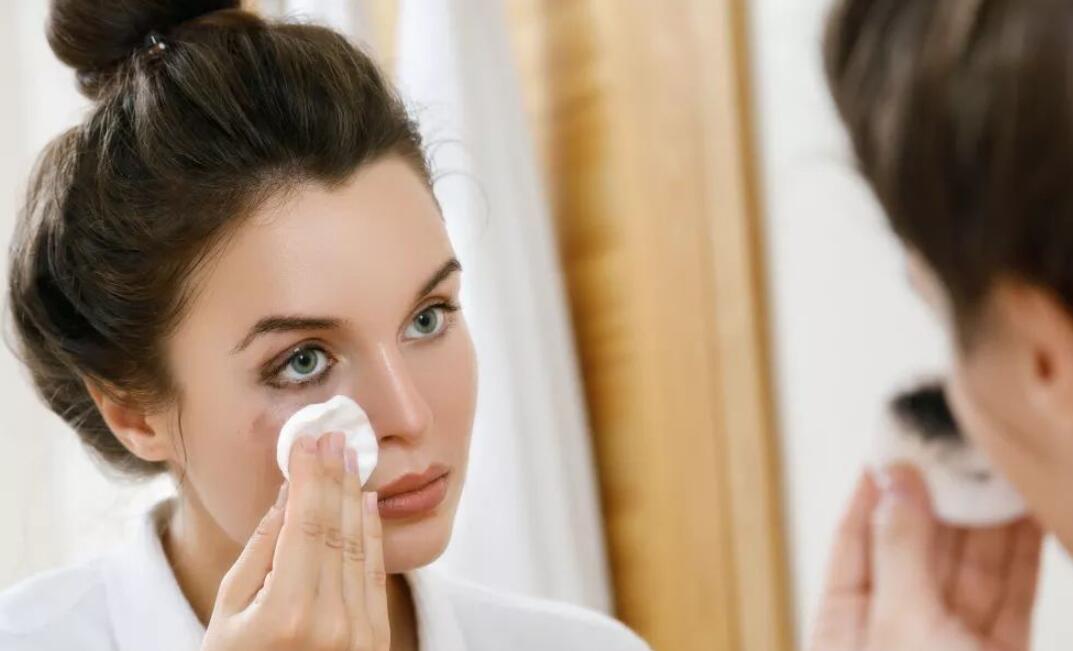Sinoright Blog
Application of Propylene Glycol in Cosmetics
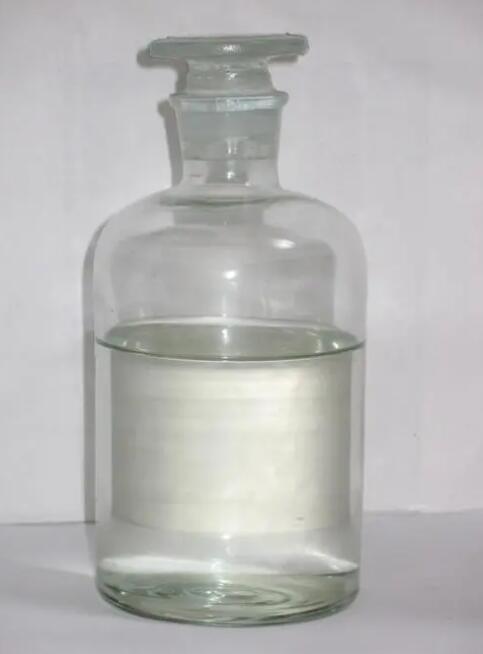
Propylene glycol can be used as a raw material for unsaturated polyester resin and as a wetting agent in cosmetics and skincare products.
Propylene glycol, a common and controversial component in cosmetics. It is often used in make-up water, facial cleanser, essence, makeup remover, bath milk, hand washing milk, shampoo, hair moisturizer, moisturizing milk, facial mask, ointment, etc. The preparation contains this ingredient.
However, on the Material Safety Data Sheets of chemicals, propylene glycol is irritating to the skin and mucous membranes. Overuse can cause contact dermatitis, hair loss, perceptual abnormalities, kidney damage, and liver abnormalities.
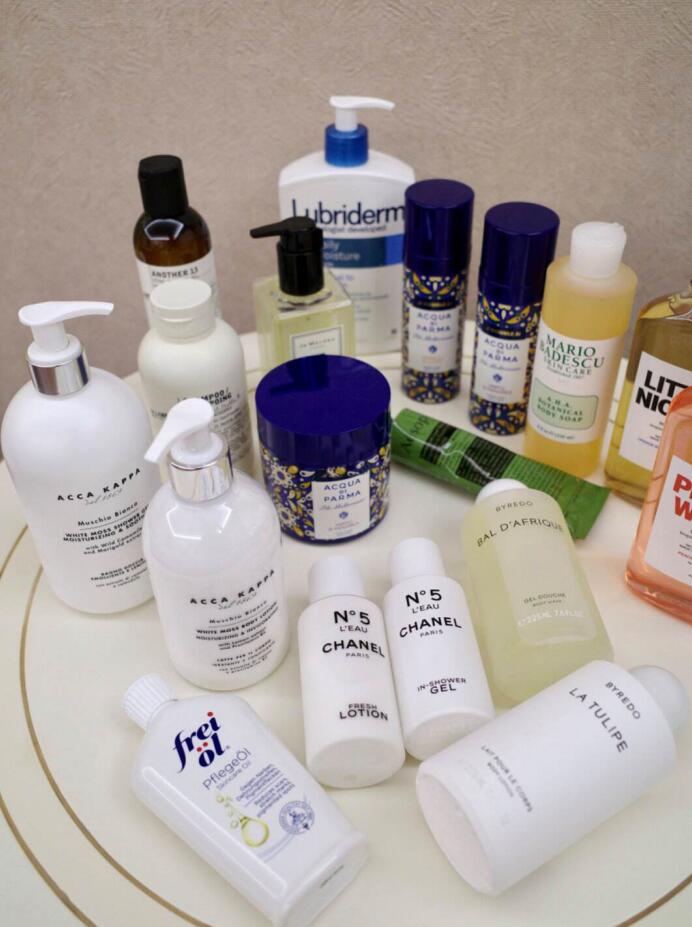
The specific role of propylene glycol in cosmetics and skincare products:
Propylene glycol with hygroscopicity can be seen in ointment, facial mask, make-up water, facial cleanser, essence liquid, makeup remover, moisturizing lotion and plant extract.Propylene glycol is generally a common hydrophilic moisturizing ingredient in makeup removers.
The true efficacy is to assist in dissolving dirt and prevent skin from drying out too quickly during the makeup removal process; It is also often used in make-up water and essence liquid. In addition to its moisturizing ability, it can help active ingredients penetrate, and it can also help prevent corrosion, but it is irritating to skin and eyes; It belongs to small molecule moisturizing ingredients and can retain water in the stratum corneum, but the water absorption ratio is not high.
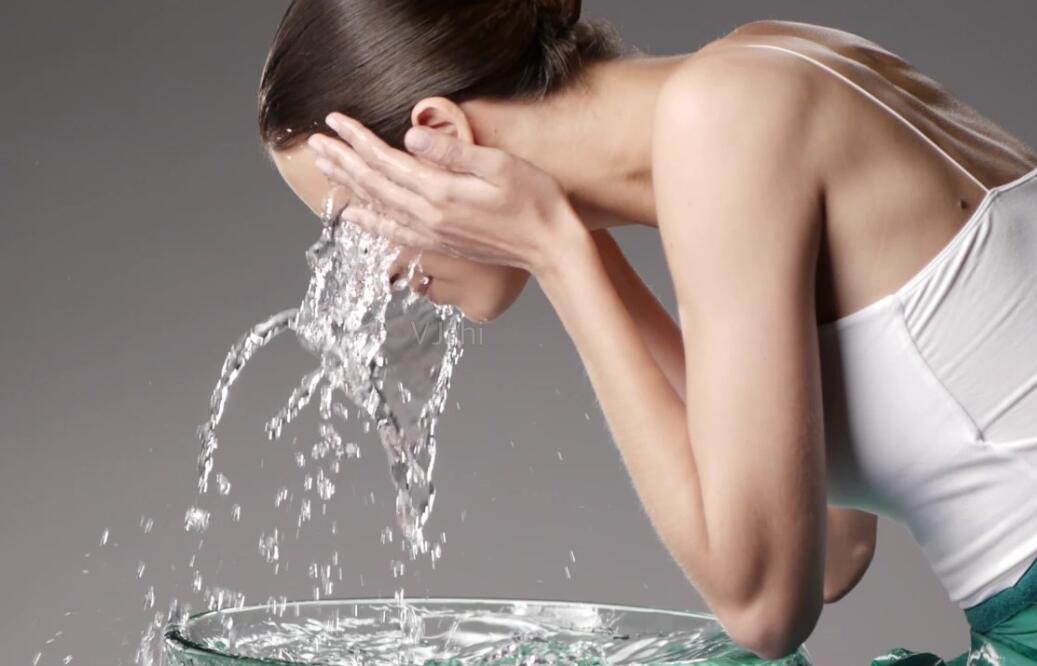
There are several possible side effects of propylene glycol on the skin:
(1) Irritation: Some people may experience subjective burning, stinging, and itching sensations when using it.(2) Degreasing properties: Propylene glycol has the characteristics of a fat soluble solvent, with strong permeability and high solubility. Excessive use may cause harm to the skin. Long term use of high concentrations of propylene glycol can have an impact on the structure of the epidermis and sebum.
(3) Irritating dermatitis: Propylene glycol is irritating to the skin and mucous membranes. The higher the concentration and the more sealed the condition, the greater the irritation. It can cause redness, rash, peeling, itching, and rough skin.
Propylene glycol is obtained through the processing of petrochemical products and can be found in many skincare products. It can make the skin smoother, but it can also accelerate the rate of skin aging. This chemical causes irritation and a skin disease called contact dermatitis.
Propylene glycol has a certain degree of harm to the skin, and many cosmetics contain certain propylene glycol components. It should be noted that propylene glycol itself is not harmful to the body. When added to cosmetics, it can promote absorption, but it is also very easy to cause other chemicals to enter the pores and blood. It is impossible to control the entry of harmless ingredients into the body. Long term use of cosmetics containing propylene glycol actually carries the risk of cancer.
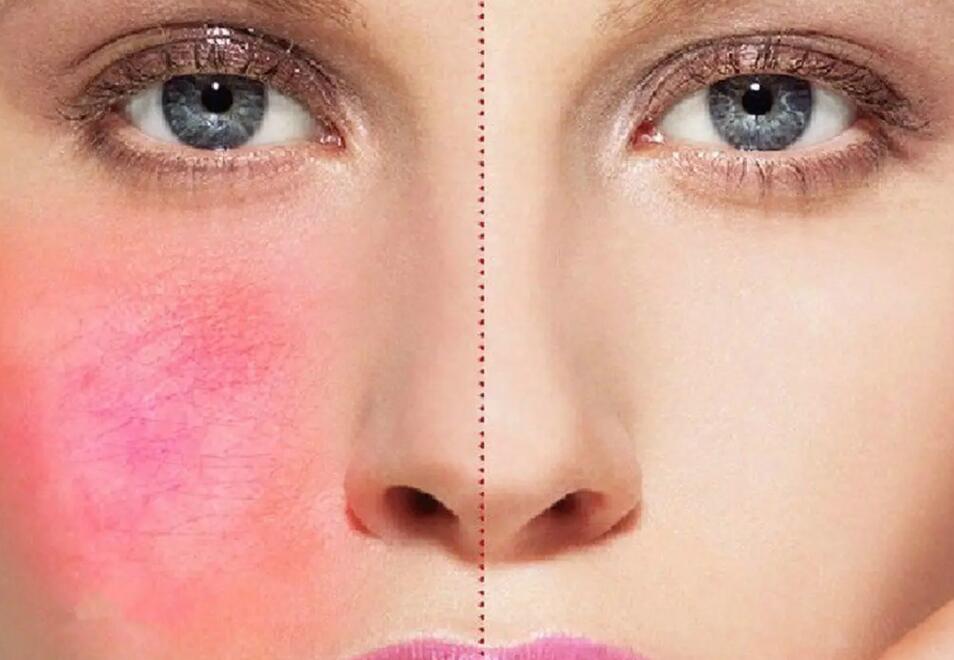
Possible side effects of propylene glycol on the skin:
According to Beite Chemical, which supplies propylene glycol, the concentration of propylene glycol added to cosmetics is generally below 5%, which generally does not have any impact on the skin. However, it is important to note that long-term and excessive use can cause damage to the skin, especially sensitive skin.Propylene glycol is mainly used as a moisturizer, solvent, and solubilizer in skincare products.
Propylene glycol is used as a solvent and softener in cosmetics in skincare products. Propylene glycol is added in skin care products, which is generally used in cosmetics and essence. As a polyol, it is a small molecule moisturizing ingredient, which can lock up water and play a role in moisturizing, but its water absorption is relatively weak, and the moisturizing effect is general; In addition, in skincare products, it not only has moisturizing effects, but also has the effect of promoting skin absorption. It can act as a penetrating agent, allowing the ingredients of skincare products to be better absorbed by the skin.
